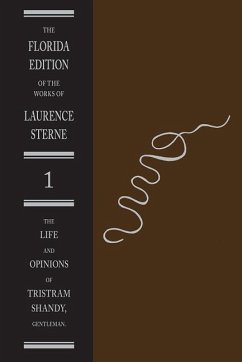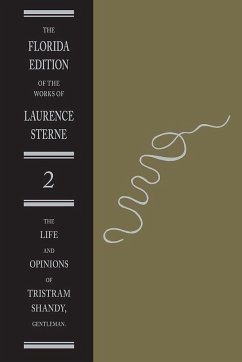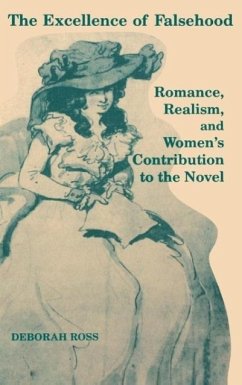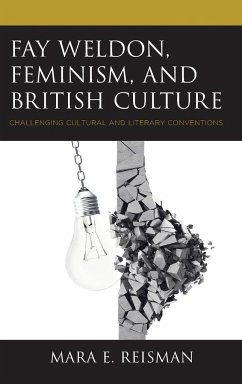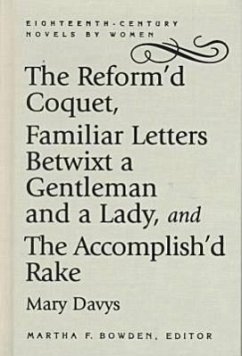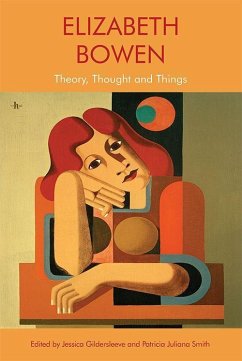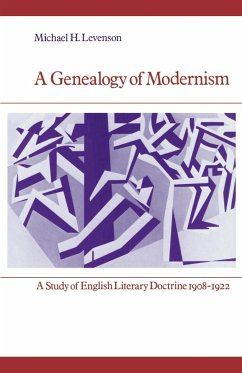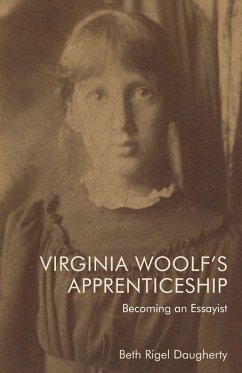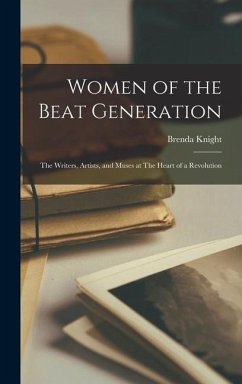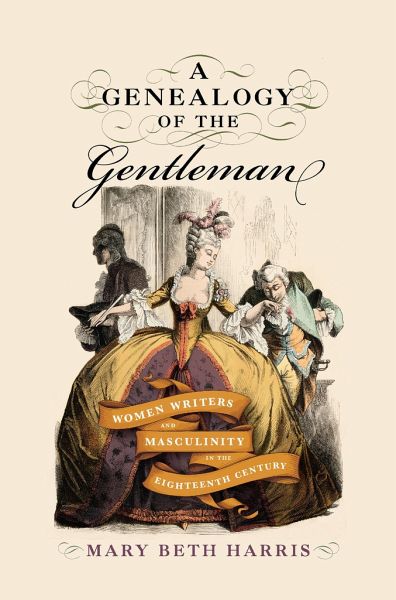
A Genealogy of the Gentleman
Women Writers and Masculinity in the Eighteenth Century
Versandkostenfrei!
Versandfertig in über 4 Wochen
147,99 €
inkl. MwSt.
Weitere Ausgaben:

PAYBACK Punkte
74 °P sammeln!
A Genealogy of the Gentleman argues that eighteenth-century women writers made key interventions in modern ideals of masculinity and authorship through narrative constructions of the gentleman in courtship novels. This codification of the gentleman allowed women authors to carve out a space for their literary authority not by overtly opposing their male critics and society’s patriarchal structure, but by rewriting the persona of the gentleman as a figure whose very desirability and hegemonic power were dependent on women’s influence.



